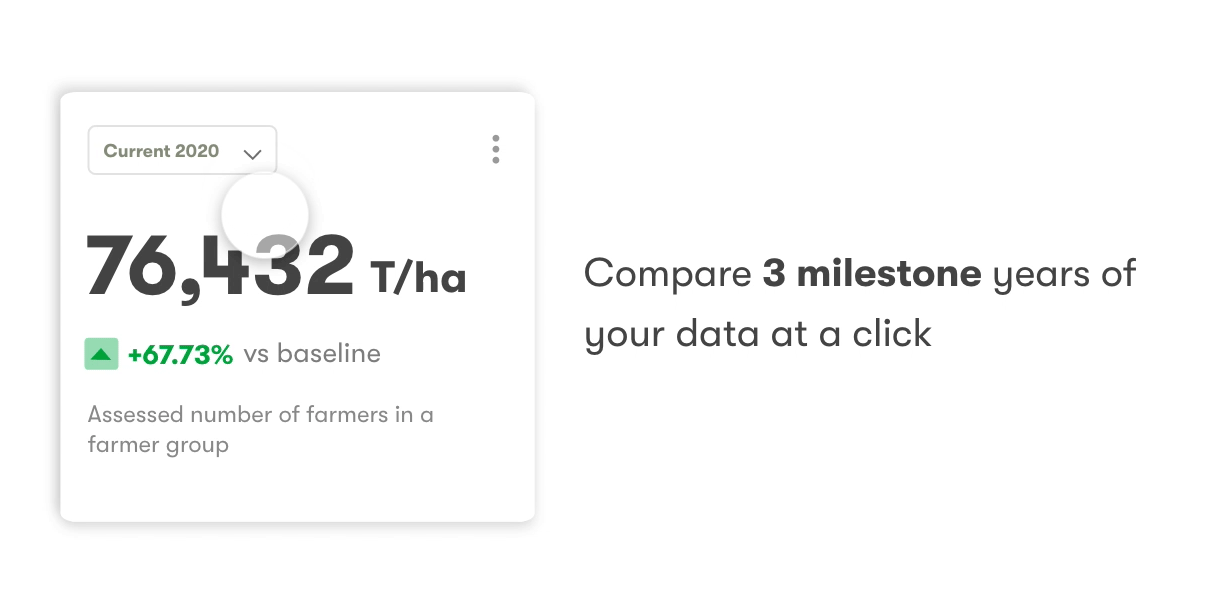ROOTING OUT SEEDS OF CHILD LABOUR WITH ‘COFFEE KINDERGARTENS’
Olam Coffee has launched ‘Coffee Kindergartens’ in four coffee communities in Guatemala providing safe spaces for children to play, learn and not work during the peak harvest period.
Having identified the children most at risk using social data from the Olam Farmer Information System (OFIS), and risk-assessment documentation from the Ministry of Labour, we dug deeper to understand the reality on the ground for farmers and their families; interviewing over 200 community leaders and farmers in various regions.
The risk of child labour lies with school holidays coinciding with the harvest season when both parents are needed on the farm to pick coffee. It is therefore very common, and culturally acceptable, for children to accompany their parents during this period, in the absence of any other form of day care. So while seeing children on the farms during this period isn’t synonymous with child labour, there is a risk that the older children are doing more than just baby-sitting their younger siblings.
In the first season, 160 children were enrolled in eight Kindergartens, across the regions of Santa Rosa, Huehuetenango and El Progresso. Classes are provided for the duration of the peak harvest, when schools are on vacation, and each child receives two full meals.
One intervention however is not enough; Coffee Kindergartens are just part of our long-term commitment to eradicate child labour in the coffee supply chain and help nurture the next generation of farmers. In Guatemala, as well as other origins, we are setting up dedicated Child Labour Monitoring and Remediation Systems (CLMRS) – an approach tried and tested by Olam Cocoa - to tackle the root causes of child labour. The 8-step process is based around three phases at farm and/or community level: risk-assessment, education, and remediation.
A further 26 Kindergartens will be set up by 2025 in combination with our CLMRS for coffee. This supports our global targets, which include implementing education remediation plans in all high-risk coffee supply chains by the same year, as set out in our sustainability strategy Coffee LENS. Progress is being tracked and supported by data from the ‘Safe & Decent’ work metrics of AtSource.
